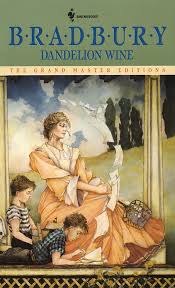Douglas Stuart's debut novel Shuggie Bain opens with the title character at 16 living on his own and working before taking a detour back to his childhood in 1981 Glasgow, living with his alcoholic mother Agnes, his taxi driver father "Big Shug," and his siblings, all in his mother and father's home.
While the story is without question Shuggie's, Stuart alternates at times between Agnes and Shug's perspectives, and even his half brother and sister Leek and Katherine. Knowing he is planning to leave Agnes, Shuggie moves the family to Pithead, a dried up mining town, and never even unpacks.
Young Shuggie, despite practicing walking and acting like a "real boy" under Leek's tutelage, has a soft spot that leaves him vulnerable. As the older siblings plot their escape, Katherine to marriage and a life in South Africa and Leek to work, hoping some day to attend art school, Shuggie carries the weight of responsibility for his mother.
Stuart continues to plant seeds of hope throughout the novel, perhaps his intention in starting with Shuggie surviving independently. The most bittersweet part of the story comes when Agnes joins AA (again) and stays dry for a year. She begins dating a ginger taxi driver she met on the night shift while working in a convenience store. The promise of a future, however, is not strong enough to withstand Agnes' alcohol addiction.
The novel has drawn comparisons to Frank McCourt's Angela's Ashes, and rightfully so. The characters are tragic without becoming caricatures. Agnes' resoluteness to "keep herself up," always feeling superior to the neighbors is all the more painful through Shuggie's eyes.
Not lost amid the plot is Stuart's deft use of language, producing sentences that will stop the reader cold. He even manages to suggest the power of friendship without the least bit of sentimentality.
I saw comments on one book review site asking if the book was too depressing to read. It's certainly sad, but it's a beautifully told story of a boy's surprising strength and the power of his love.











































